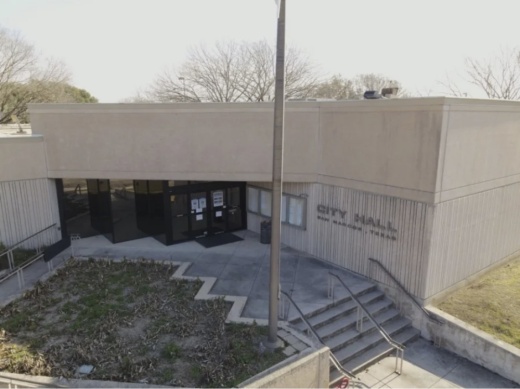San Marcos City Council voted Aug. 17 to set the maximum proposed property tax rate to $0.603 per $100 taxable value. The vote set a ceiling of how high the City Council can finalize the effective tax rate at the Sept. 21 meeting, giving city residents time to provide their input.
The current tax rate is a penny lower than the proposed maximum, at $0.593 per $100 taxable value. For a $200,000 residential property, that breaks down to $98.83 in taxes per month. The maximum rate would bring the monthly rate up to $100.50.
The vote was 5-2, with council members Saul Gonzales and Shane Scott voting against it.
Utility assistance program funding
The council also voted to fund the remaining balance of $581,600 to fund the $1.2 million in utility bill debt needed to cover the balance in the city’s utility assistance program.
City Council had previously allocated about $700,000 in general funds for the program. This additional funding comes from general fund balance in the city-run utilities accounts. Since the program began, the city has provided $457,000 in assistance, but there is still $1.2 million in past due bills on the books, according to a presentation from the Aug. 3 meeting.
Clean green certification for laundry facility
The council also approved a 10-year property tax rebate, estimated to be $608,147, for Cooperative Laundry, a massive 90,000-square-foot robotically operated commercial laundry facility. The company currently operates a 60,000-square-foot facility in New Jersey.
The economic development agreement also provides for $124,441 in a three-year property tax rebate based on maintaining an environmental clean green certification and providing 100 full-time jobs with benefits. The company claims salaries will average $44,629 annually, according to a presentation from City Manager Bert Lumbreras.
The clean green certification has to be maintained for 10 years per the council agreement. It also requires specific facility designs, such as heat reclamation, gray water recycling and solid waste removal, and heating fresh water with the heat from the laundry dryers, among other designs.
Cooperative Laundry uses natural gas to produce heat, something Council Member Max Baker took issue with, citing the company's use of trucks to transport commercial laundry to and from the facility as counter-intuitive to the whole green certification process. The incentive passed with only Baker voting against it.





